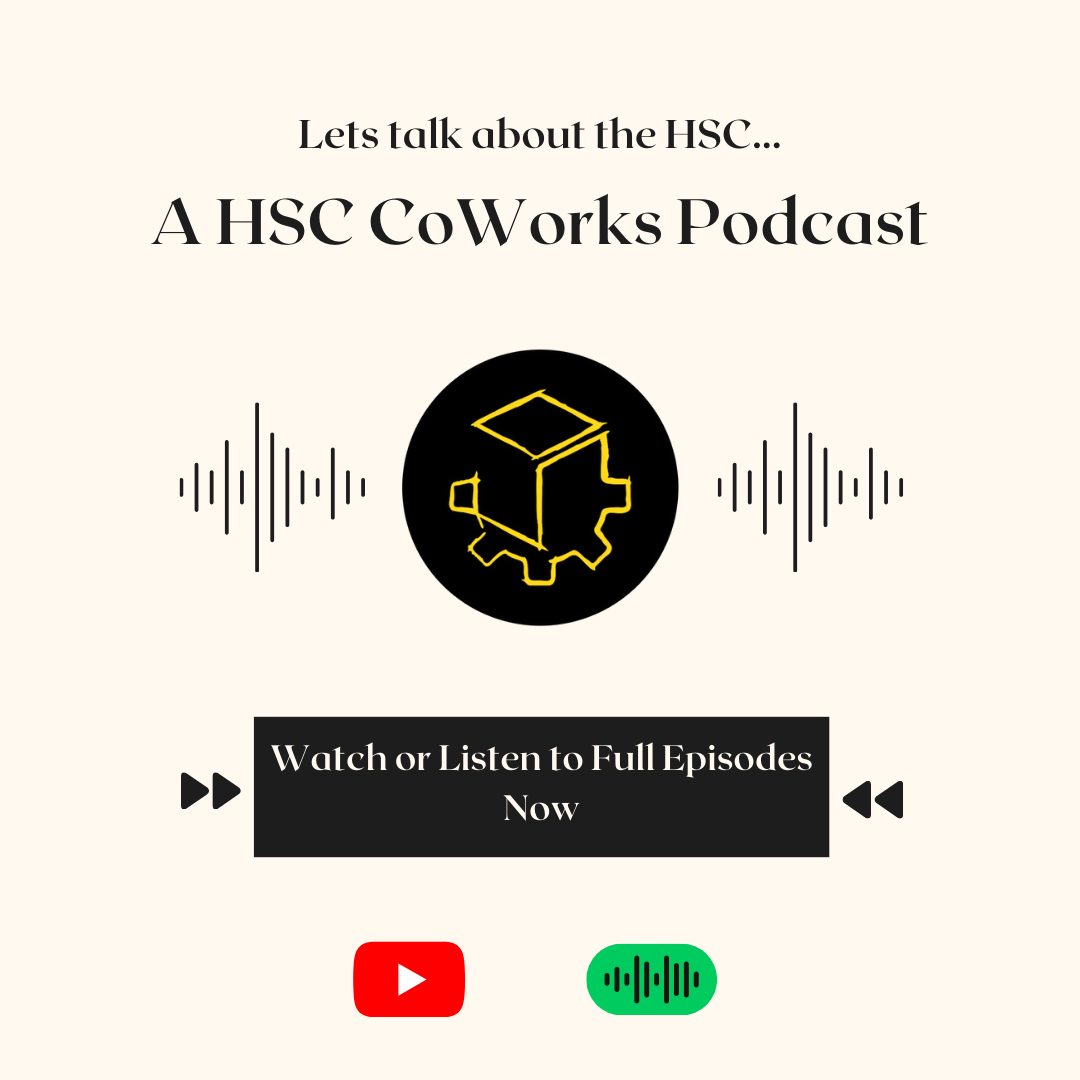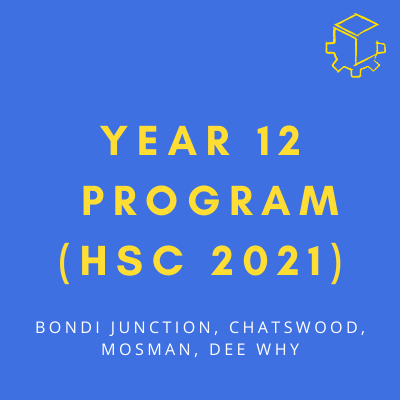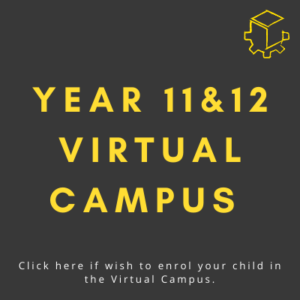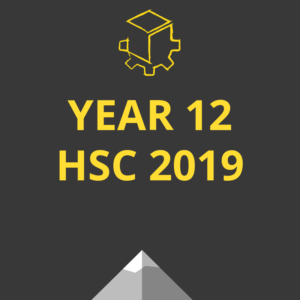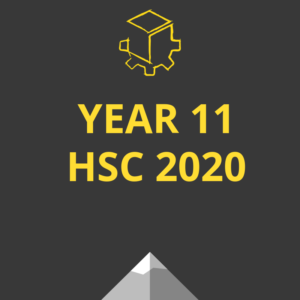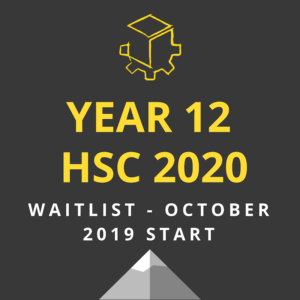Brain based learning is a system that aims to deepen our thinking and learning to ensure better outcomes not only in the HSC as HSC CoWorks use it but across all facets of our lives and future endeavours such as employment. With this, it aims to tackle the challenges of problems by engaging our prefrontal-cortex to ensure that we remain in a ‘vision’ mind set, that will better allow us to achieve these goals.
HSC Coworks believes that these steps will help drive you towards that awesome HSC goal you have. The Harvard Business Review recently developed three key actions that can be taken to think more deeply which is so applicable to the HSC.
1. Distract yourself
People who distract themselves perform better on complex problem-solving tasks than those who put in conscious effort. This doesn’t mean having your iPhone out and Facebook Chat blaring but rather stepping away from a problem you are facing so that when you come back to it, you have a fresh perspective and find it easier to get started. These breaks don’t have to be long, even the time to make yourself a cup of tea or going for a run will allow your non-conscious to kick in and help you kick those goals.
2. Think about the ideas that need deeper insight and keep these in your subconscious.
The HSC may seem like a long way off but it needs to be kept in the back of your mind as the end goal to everything you’re currently working on. We think this can be achieved through a two-step system. Firstly, move your thoughts from your mind to a list. Make a visual. Put up your aim ATAR on your desk or photos of what you’re going to do to celebrate after the HSC. This means that you are always aware of what all these assessments and exams are leading to. Secondly, determine how you’re going to best reach these goals – make weekly and monthly priorities (this is what we do with you with Basecamp) and then make sure that you set the time that you’re going to dedicate to these priorities to enable them to happen.
3. Understand the stage
Our conscious thought is a finite resource and thus has to be carefully managed to ensure that you don’t burn out before the end of the HSC. A stage is a useful metaphor for this. A stage has severe limitations: audience members clamor to jump on stage all the time (we are easily distracted and self-inhibition requires effort); actors can only play one part at a time (that means no multi-tasking); and no more than three or four actors can be on the stage at any one time (that’s when we feel overwhelmed). Once we have realized these difficulties it becomes easier for our brains to devise strategies to overcome them.
These simple tools are useful for year 12 but also set you up for life long learning. By enacting them you are making sure that you are kicking goals towards your HSC goals!
HSC CoWorks offers HSC Tuition and HSC Coaching in a number of subjects. Our team is made up of a team of HSC experts. Experienced HSC teachers, HSC markers, high achieving ex-students and certified life coaches. We have been a part of successful HSC campaigns since 1996 and in this time we have worked with 1000s of students as they have made the climb up Mount HSC® to get into their dream University course.

